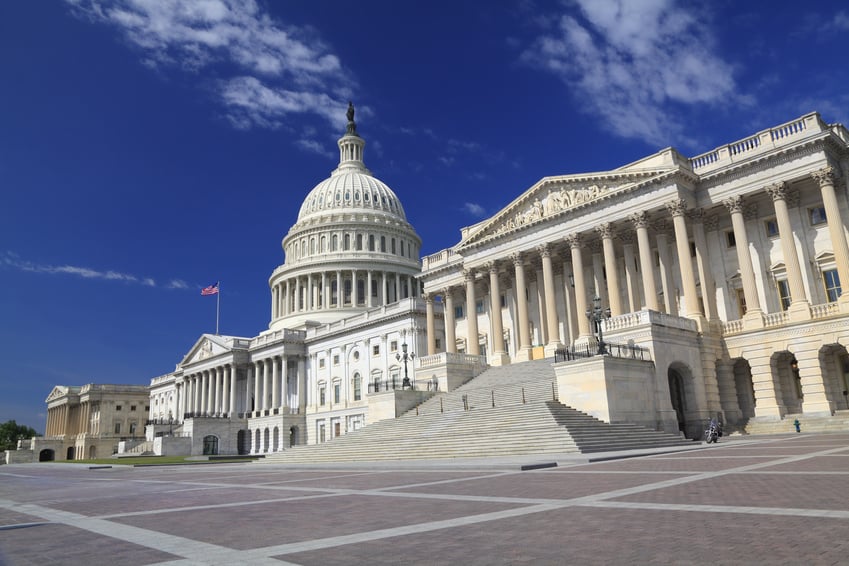As part of the Malaysian Budget 2022 speech last year, the Minister of Finance announced that it will introduce a special voluntary disclosure program for indirect taxes as part of concerted measures to increase tax revenue for the Malaysian Government. The guidelines underpinning the foregoing program was recently published by the Royal Malaysian Customs Department with a notable inclusion of an amnesty element within the framework of the rebranded Voluntary Disclosure and Amnesty Program for indirect taxes.
On 5 April 2021, the US Court of International Trade issued a significant ruling that overturns a portion of the Section 232 tariffs imposed by President Trump under Section 232 of the Trade Expansion Act of 1962 (19 U.S.C. §1862).
The Malaysian Finance Act 2020 introduced, among others, several legislative changes to the Malaysian Income Tax Act 1967 (ITA) in respect of transfer pricing. Notably, a penalty provision was introduced. Effective 1 January 2021, taxpayers (where applicable) who fail to furnish transfer pricing documentation (TPD) upon the Malaysian Inland Revenue Board’s (MIRB’s) request will be subject to a fine ranging from RM 20,000 to RM 100,000 and / or imprisonment.
Consistent with this, the MIRB has also revised the Transfer Pricing Guidelines 2012 to reduce the time given to taxpayers to furnish their TPD from 30 days to 14 days.
After almost a decade of negotiations, the RCEP was finally signed on 15 November 2020 by 10 ASEAN countries, along with Australia, China, Japan, New Zealand and South Korea. India was originally party to the RCEP negotiations, but it left the deal in 2019 due to concerns over the protection…
After almost a decade of negotiations, the RCEP was finally signed on 15 November 2020 by 10 ASEAN countries, along with Australia, China, Japan, New Zealand and South Korea. India was originally party to the RCEP negotiations, but it left the deal in 2019 due to concerns over the protection of its national interests and local industries.
The RCEP is the largest regional free trade agreement (FTA) outside the WTO. Its member states account for approximately 30% of the world’s gross domestic product (USD 26.3 trillion) and 30% of the world’s population (2.3 billion). Key developments that are expected from the implementation of the RCEP include further liberalization of trade, removal of non-tariff trade barriers and increased trade facilitation, removal of barrier to services sectors, as well as overall enhanced business environment through regulations relating to intellectual property protection, government procurement practices, e-commerce and more.
The pandemic-afflicted economic distress has given rise to significant uncertainty and potentially an increase in tax audits. Malaysia has had advance pricing arrangement (“APA”) rules since 2012. APAs provide certainty in terms of transfer pricing risk management on a prospective basis.
Recently, the Malaysian Inland Revenue Board (“MIRB”) has issued a set of guidance in the form of frequently asked questions (“FAQ”) with respect to the treatment of APAs in the COVID-19 pandemic landscape. We are pleased to share the key takeaways from the FAQ on APA Treatment below.
Click here to request the latest edition of this newsletter. Feature Malaysia: Wealth management and tax planning in the wake of COVID-19 Case Summaries Brazil Private Letter Ruling No. 41 of 31 March 2020 — tax treatment of trust distributions to Brazilian beneficiaries France Wealth tax — The refusal to…
In brief The Prime Minister of Malaysia unveiled the National Economic Recovery Plan, also known as the Pelan Jana Semula Ekonomi Negara (“PENJANA”) on 5 June 2020, as Malaysia stepped into the Recovery phase. The Recovery phase is the fourth of the Malaysian Government’s six-stage approach in addressing the impact…
Background Following the recent entry into force of the Customs (Amendment) Act 2018 and the Customs (Amendment) (No. 2) Act 2018 (see link to our previous client alert here), the new Malaysian government has introduced another round of amendments to the Customs Act 1967 (“Customs Act”) via the Customs (Amendment)…
In our previous client alert published in November 2018, we covered the 2018 special voluntary disclosure programme (“SVDP”) which was announced during the Budget 2019 to encourage taxpayers to voluntarily disclose their previous undeclared income accurately and to settle tax arrears, if any. Since then, the Inland Revenue Board (“IRB”)…







